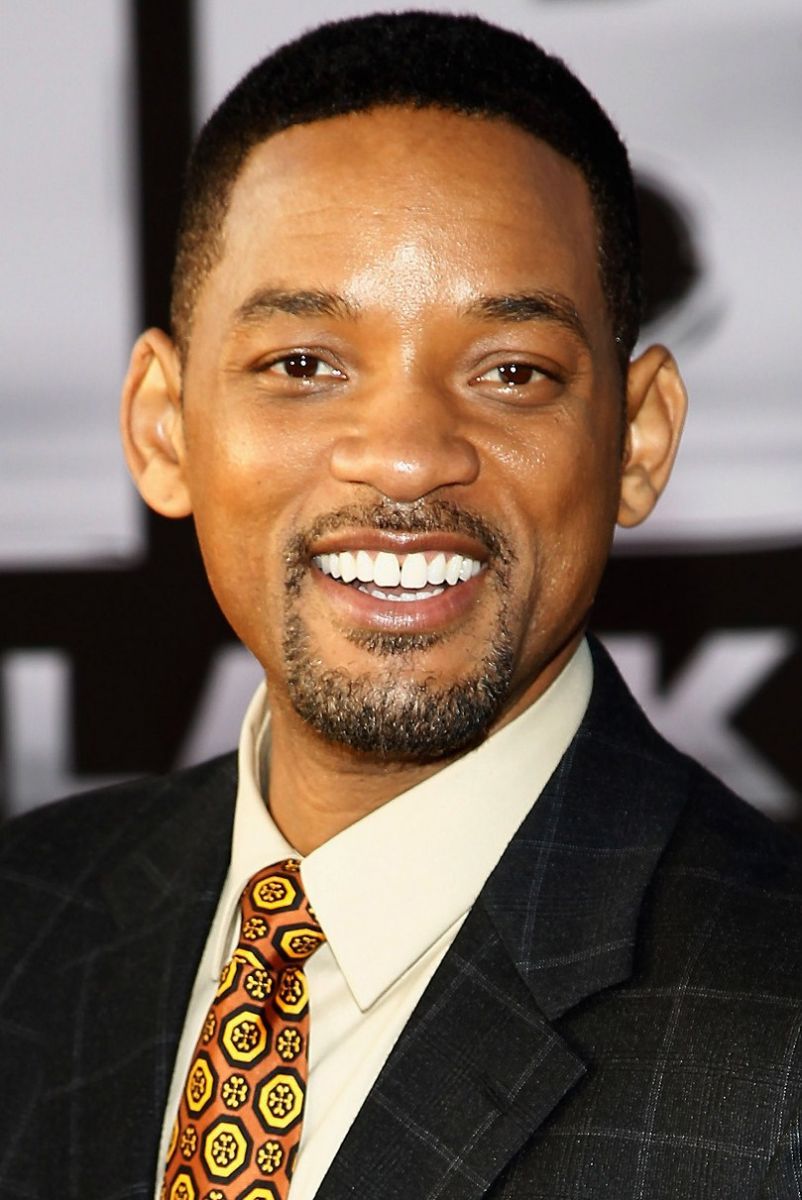Have you ever watched a film or a play and felt completely drawn into another world, like you were right there with the characters? That feeling, that powerful connection, often comes from something we can call "actor logue." It's not just about what an actor says; it's about how they say it, how they move, and the entire expressive package they deliver. It's the very core of how an actor communicates and brings a character to life, a truly compelling aspect of storytelling.
So, what exactly do we mean when we talk about "actor logue"? Well, at its very essence, an actor is someone whose job is acting in plays or films, as my text points out. They are, in a way, storytellers who use their body and voice as tools to transport the audience into a different world. This concept of "actor logue" really captures the entire expressive output of a performer, the coherent and believable portrayal that makes us feel something. It's the sum of their verbal and physical choices, woven together to create a living, breathing person on stage or screen.
This isn't just about reciting lines, not at all. It's about the deep craft involved when an actor performs in the flesh, whether it's in the traditional medium of the theatre or in front of a camera. The meaning of actor is one that acts, yes, but it's the depth and truth in that action, that "actor logue," which truly resonates. It's how they make us believe in the person they are pretending to be, someone who pretends to be someone else while performing in a film, play, or television or radio production, as the definition suggests.
Table of Contents
- What is "Actor Logue"? Unpacking the Core Concept
- The Actor's Toolkit: Voice, Body, and Emotion
- Bringing Characters to Life: The Art of Portrayal
- From Stage to Screen: Different Mediums, Same Core
- The Legacy of Performance: Famous "Actor Logues"
- The Future of "Actor Logue": Evolving Storytelling
- Frequently Asked Questions About Actors and Performance
- The Enduring Magic of Actor Logue
What is "Actor Logue"? Unpacking the Core Concept
When we talk about "actor logue," we're really looking at the complete expressive package an actor delivers. It's the logic and flow of their performance, the way their words, movements, and emotions all connect to tell a character's story. Basically, an actor is someone who brings a character to life, whether on stage or on screen. Their primary job is to create a believable, emotionally engaging portrayal of a person, real or imagined. This "logue" is that believable, engaging portrayal, the very essence of their communication.
It's about more than just delivering lines; it's about the subtext, the pauses, the glances, the way a character holds themselves. All these elements contribute to the "actor logue," creating a rich tapestry of meaning for the audience. So, it's pretty much the entire communicative output of the performer, making the character feel real and present.
Think about it: an actor brings characters to life through their performances in various forms of entertainment, including theater, film, television, and other media. The "actor logue" is what makes those performances impactful, what makes you remember a character long after the credits roll. It's the unique imprint each performer leaves on a role, truly a compelling aspect of their work.
The Actor's Toolkit: Voice, Body, and Emotion
For an actor, their most important tools are, quite simply, their body and voice. These are the instruments they use to shape the "actor logue," to convey every nuance of a character. It's like, they are truly artisans, crafting a performance with every breath and movement, which is pretty amazing when you think about it.
The Power of the Voice
The voice is a truly powerful tool in an actor's arsenal. It's not just about speaking clearly; it's about tone, pitch, rhythm, and even silence. An actor can use their voice to show anger, joy, sadness, or fear, often without even saying the exact words. They can make a character sound timid or bold, wise or foolish, just by how they modulate their speech. So, the vocal aspect of "actor logue" is very, very important for conveying character.
Consider how different actors use their voices. Someone like, say, Tom Hanks, known for his warm and inviting tone, can make you feel instantly comfortable with his characters. Then there are actors who use their voices to create truly distinct personas, perhaps with a unique cadence or accent. This vocal versatility is a key part of what makes an "actor logue" so compelling and unique to each performer, actually.
Body Language and Physicality
Beyond the voice, an actor's body is another critical component of their "actor logue." How a character walks, stands, sits, or even just shifts their weight can tell us so much about them. A slight slump of the shoulders might show defeat, while a confident stride speaks of power. Actors are storytellers who use their body and voice as tools to transport the audience into a different world, and the physical aspect is a huge part of that transportation.
This physicality isn't just about grand gestures; it's also about the small, subtle movements. A nervous fidget, a comforting hand on a shoulder, or a sudden burst of energy – all these contribute to the overall "actor logue." They help create a believable, emotionally engaging portrayal of a person, real or imagined. It's truly amazing how much can be communicated without a single word, just through the body, you know?
Bringing Characters to Life: The Art of Portrayal
At its core, an actor's job is to bring a character to life. This means taking words from a script and transforming them into a living, breathing person with thoughts, feelings, and motivations. The "actor logue" is the culmination of this process, the tangible result of their creative work. It's about creating a portrayal that feels genuine and makes the audience connect on an emotional level, which is a big deal.
This process often involves deep research and empathy. An actor might study real people, historical figures, or even just observe everyday behaviors to understand their character better. They then filter this understanding through their own experiences and artistic sensibilities to create something unique. Someone who pretends to be someone else while performing is really doing a lot of internal work to make that pretense feel like truth.
The success of an "actor logue" really depends on the actor's ability to inhabit the character fully. This means understanding their desires, their fears, and their inner conflicts. When an actor truly embodies a role, their "logue" becomes seamless, making us forget we're watching a performance and instead, feel like we're witnessing real life unfold. It's a rather magical transformation, isn't it?
From Stage to Screen: Different Mediums, Same Core
Whether an actor performs in the traditional medium of the theatre or in film or television, the fundamental principles of "actor logue" remain the same. The goal is always to create a believable and engaging character. However, the techniques used to achieve this can vary quite a bit depending on the medium, which is interesting to consider.
In theatre, for instance, the "actor logue" needs to project to the back row. This often means bigger gestures, louder voices, and more pronounced expressions. The performance is live, and there's an immediate, shared experience with the audience. Actors are storytellers who use their body and voice as tools to transport the audience into a different world, and in theatre, that world is often built with broader strokes.
On screen, the "actor logue" can be much more subtle. The camera captures every tiny nuance – a flicker of an eye, a slight tremor in the voice, a barely perceptible change in posture. These small details become incredibly powerful. Keanu Reeves, for example, is a versatile Canadian actor known for his leading roles in action films. His "actor logue" on screen often relies on understated expressions that convey deep emotion, which is a testament to his skill. The intimacy of the camera allows for a different kind of connection, a very close one.
Despite these differences, the core meaning of actor, one that acts, holds true. The commitment to bringing a character to life, to creating that compelling "actor logue," is constant. Whether they are on a grand stage or in front of a close-up lens, actors strive to create an emotionally engaging portrayal of a person, real or imagined. It's really about adapting their craft to the specific demands of the platform, you know?
The Legacy of Performance: Famous "Actor Logues"
Throughout history, countless actors have left an indelible mark with their incredible "actor logues." These are the performances that stand the test of time, shaping our understanding of characters and storytelling. Hollywood is home to some of the most talented and successful actors and actresses in the world, and their "actor logues" have entertained us for generations with their incredible skill.
Think about some of the greatest American actors who are alive today, like Tom Hanks or Tommy Lee Jones. Their "actor logues" are often characterized by a deep sense of authenticity and emotional truth. They make you feel like you truly know the people they are playing, which is a remarkable achievement. They have received numerous accolades, including Oscars, because their performances, their "actor logues," resonate so profoundly with audiences and critics alike.
And it's not just the legends. Famous actors including Malachi Barton, Kaido Lee Roberts, Milo Manheim, Tom Holland, and Adam Sandler, among many others, continue to create memorable "actor logues" in today's entertainment landscape. Each brings their own unique approach to portraying characters, contributing to the rich tapestry of performances we enjoy. Their work, too, relies on that deep connection between body, voice, and character, making their "logues" truly special.
The "actor logue" of a performer is what defines their artistic signature. It's the unique way they inhabit a role, the particular blend of vocal delivery, physical presence, and emotional depth that makes their portrayal unforgettable. It’s like, their personal stamp on the character, making it uniquely theirs. This legacy of compelling "actor logues" is what keeps us coming back for more, always eager to see what new worlds actors will transport us to next.
The Future of "Actor Logue": Evolving Storytelling
The concept of "actor logue" continues to evolve as new technologies and storytelling forms emerge. While the core principles of bringing a character to life remain constant, the ways in which actors perform and connect with audiences are always changing. This is pretty much an ongoing process, as art forms always adapt.
For example, the rise of virtual reality and interactive experiences presents new frontiers for "actor logue." Actors might need to adapt their performances for environments where the audience can move freely and even influence the narrative. This could mean a more improvisational "actor logue," where performers react in real-time to audience choices. It's a very exciting time for performance, isn't it?
Also, the increasing global nature of entertainment means "actor logue" is crossing more cultural boundaries than ever before. Actors from diverse backgrounds are sharing their unique perspectives and performance styles, enriching the overall landscape of storytelling. This blend of traditions and innovations means the "actor logue" will likely become even more varied and fascinating in the years to come, truly expanding what's possible. You can learn more about acting techniques on our site, and also check out this page for insights into character development.
Ultimately, no matter how technology advances or how stories are told, the human element of "actor logue" will always be central. The ability of an actor to use their body and voice to create a believable, emotionally engaging portrayal of a person will remain the cornerstone of captivating performance. It's a rather timeless craft, really, adapting but never losing its essence.
Frequently Asked Questions About Actors and Performance
What does an actor do, exactly?
An actor's main job is to portray a character in a play, film, television show, or other media. They use their voice, body, and emotions to make the character feel real and believable to the audience. They are, in a way, storytellers who step into another person's shoes.
How do actors prepare for a role?
Preparation varies, but actors often read the script many times to understand their character's motivations and relationships. They might research the character's background, practice different vocal tones, and work on physical movements. Some actors also use techniques like improvisation to get into the character's mindset, which is pretty common.
What is the difference between stage and screen acting?
While both involve creating a character, stage acting often requires bigger movements and louder voices to reach a large audience in a theatre. Screen acting, for film or TV, can be more subtle because the camera captures every small detail. The performance is usually more intimate for the camera, you know?
The Enduring Magic of Actor Logue
The concept of "actor logue" truly encompasses the magic of performance – the way actors use their complete expressive being to transport us. It's the blend of voice, body, and deep emotional truth that allows them to create characters we care about, characters that stay with us long after the story ends. This powerful communication, this "actor logue," is what makes acting such a compelling and vital art form. It's a rather timeless skill, one that continues to captivate audiences around the world, today and always. To learn more about the art of acting, you can visit the Actors' Equity Association website for professional insights.



Detail Author:
- Name : Syble Mueller
- Username : rosie51
- Email : dominique81@gmail.com
- Birthdate : 1988-10-11
- Address : 784 Lubowitz Rue Apt. 848 Port Gerardchester, IL 32452
- Phone : 1-703-956-2065
- Company : Robel, Gaylord and Glover
- Job : Wellhead Pumper
- Bio : Voluptas suscipit ea nihil tempore consequuntur. Nisi veritatis mollitia eum quae. Sit qui explicabo et hic error hic quis ut.
Socials
twitter:
- url : https://twitter.com/cjerde
- username : cjerde
- bio : Cumque velit quia laboriosam laborum qui incidunt. Iste qui inventore error nobis beatae. Repellat modi tempore ut quod.
- followers : 187
- following : 2054
linkedin:
- url : https://linkedin.com/in/christyjerde
- username : christyjerde
- bio : Earum aut quis omnis numquam amet.
- followers : 4575
- following : 765
tiktok:
- url : https://tiktok.com/@christy_dev
- username : christy_dev
- bio : Dolor ratione et vel.
- followers : 5865
- following : 2439
instagram:
- url : https://instagram.com/christy8208
- username : christy8208
- bio : Placeat ducimus commodi ea esse. Minus doloribus dolor debitis. Qui esse sunt debitis aut.
- followers : 1895
- following : 199